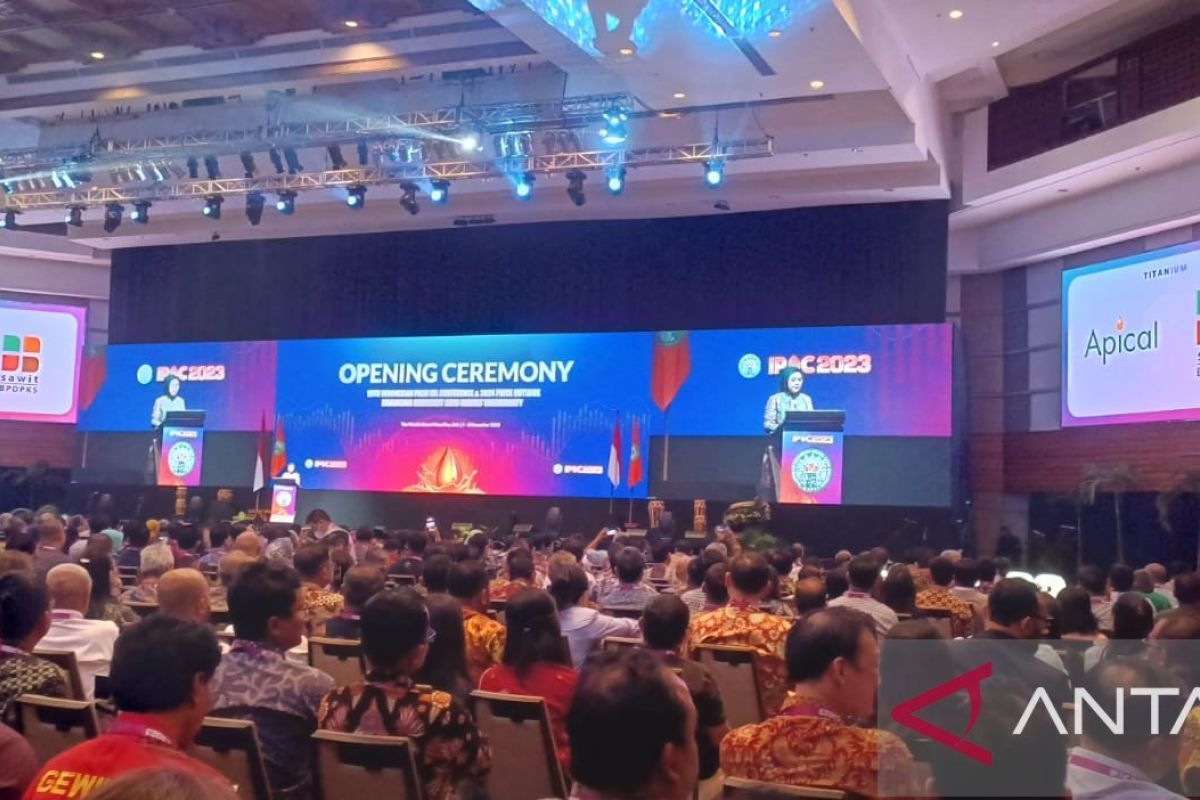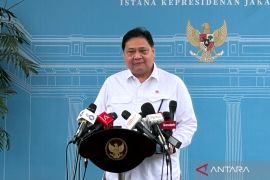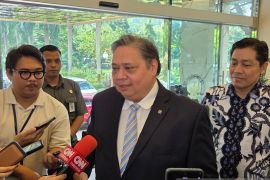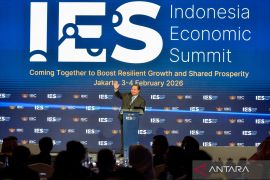"In addition, the palm oil industry has contributed to the efforts to alleviate poverty among farmers in villages, including smallholders," the minister said in his opening remarks for the 19th Indonesian Palm Oil Conference (IPOC) and 2024 Price Outlook in Bali on Thursday.
Hartarto noted that the ongoing food crisis, triggered by extreme weather and economic slowdown, had significantly affected the palm oil industry, which is an inseparable part of the global economy.
Bearing that in mind, he encouraged participants of the 19th IPOC to make the most of the conference to discuss and formulate strategies for overcoming the food crisis.
The minister then highlighted that the contributions of the palm oil industry to national socio-economic development have been consistent with Indonesia's environmental preservation targets expected to be achieved by 2030.
He reiterated that Indonesia is committed to reducing greenhouse gas emissions (GRK) in accordance with the legally binding international climate change treaty, the Paris Agreement.
"Forestry and Other Land Use (FOLU) and energy sectors constitute the most prominent GRK contributors in Indonesia, with the former's contribution reaching 55 percent to the overall emissions, while the latter, 33 percent," he pointed out.
Hartarto then underscored the importance of strengthened collaboration and partnerships in achieving the global emissions reduction targets by 2030.
He remarked that the Indonesian government has been implementing green policies aimed at preserving Indonesia's 120.6 million hectares of forest.
He then reminded the conference's audience that the world's population is projected to reach 9.8 billion in 2050, thereby necessitating an additional 200 million tons of vegetable oils.
In this context, the minister observed that palm oil could help the world meet the demand since it only requires countries' 40 million hectares of land to produce vegetable oil while noting that as much as five metric tons of such oil can be produced per hectare.
Meanwhile, 445 million and 290 million hectares of land are required to produce soy oil and canola oil, respectively, he emphasized.
"Palm oil is a sustainable and efficient way to meet the increasingly growing demand for vegetable oils," he stressed.
Furthermore, he noted that palm oil can also help countries produce more eco-friendly fuel, such as sustainable aviation fuel (SAF). Indonesia has succeeded in developing its SAF, known as BioAvtur J2.4.
A budget of US$386 million has been allocated for bolstering Indonesia's palm oil productivity, he remarked.
"By working together, we can realize sustainable palm oil plantations and sustainable, low carbon and climate-resilient development while strengthening the domestic palm oil industry," he concluded.
Related news: Strategy needed to maintain palm oil industry's competitiveness: GAPKI
Related news: Indonesia prepares strategies to deal with EUDR: Ministry
Related news: Indonesia ready to cooperate with Malaysia to fight against EUDR
Translator: Nur Amalia, Tegar Nurfitra
Editor: Azis Kurmala
Copyright © ANTARA 2023












